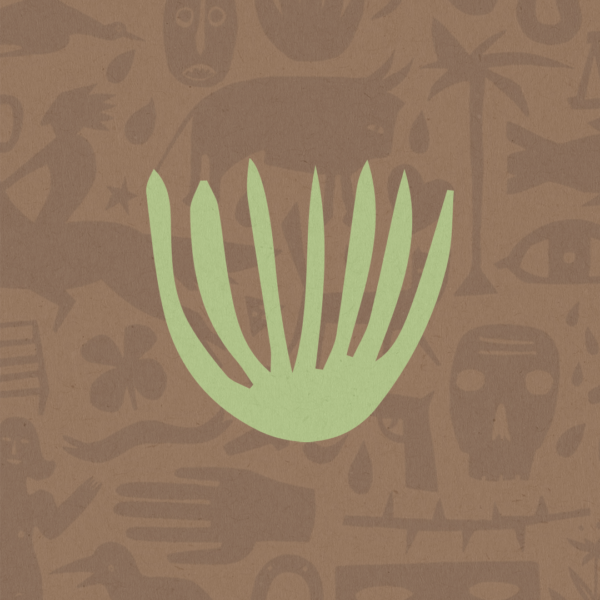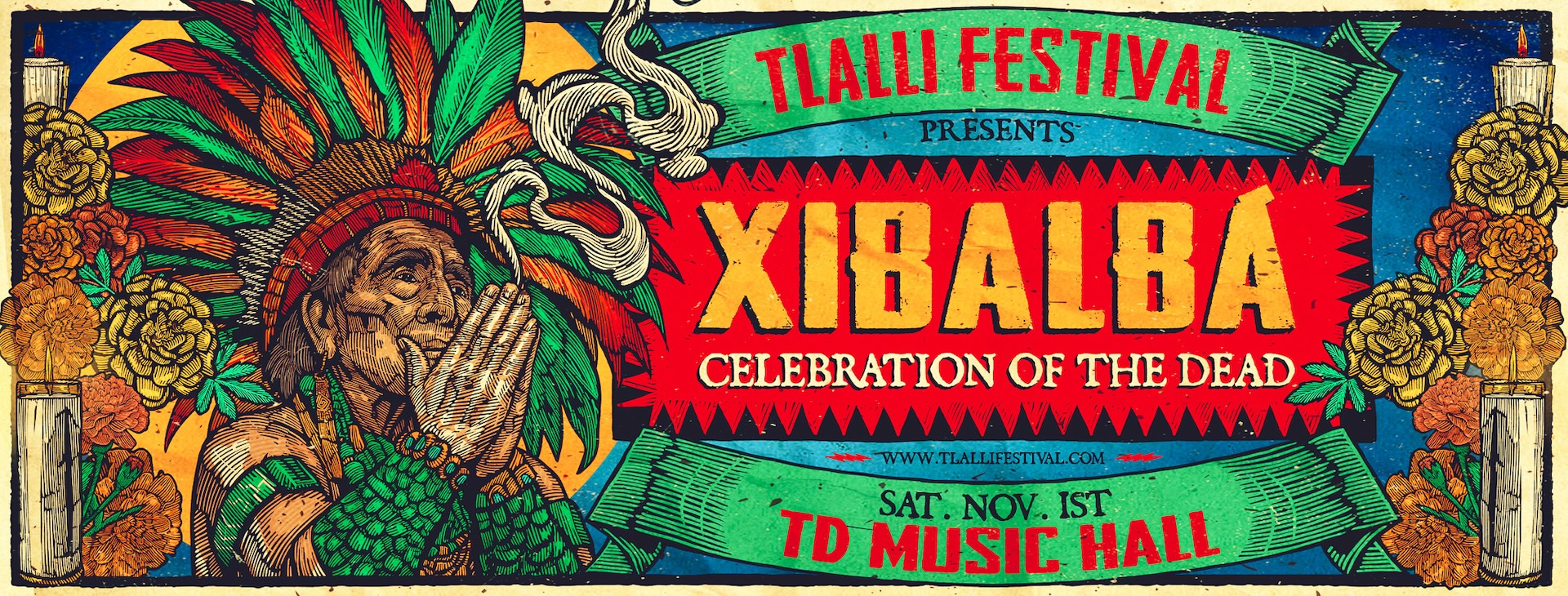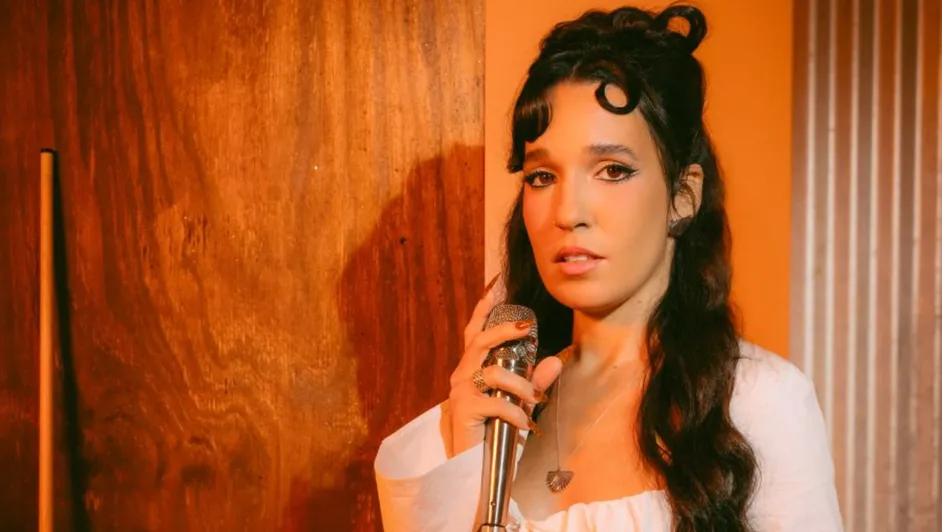If you’ve ever experienced Gallardo’s music live, it’s likely been a nothing short of a transcendental experience. Grounded in indigenous rhythms that pulse quietly with electronic harmonies, Gallardo takes his listeners on a seductive journey inward that culminates in total freedom of expression. Your body can’t help but hum with the sensation that you’re deeply connected to the colossal weight of nature, cultural lineages and histories. Discovering the charango when he was just six years old, Gallardo credits the instrument with his ultimate decision to explore indigenous instruments as his primary medium.
Though Gallardo principally fuses electronic music with indigenous harmonies, he has experimented with reggae and hip hop over the years. Those sounds didn’t quite stick, but a constant quest for experimentation definitely has. Recently, Gallardo produced “La Montaña sin Nombre” alongside his friend and collaborator Raag, a track that takes the musician toward Asia by incorporating traditional Japanese melodies. “Thanks to the quarantine I feel like we have these two worlds with which to experiment closer than ever before,” he says, adding that Raag is ‘an incredible interpreter of oriental sounds.’
Though Raag took the lead on musical composition for this collaboration, Gallardo often starts from a melody to compose his own lyrics, which though abstract are often politically or socially charged. As for how those words are born, unsurprisingly Gallardo says it’s often out of self reflection. “My ideas might come when I’m on the street, just back from a trip or anytime when I’m alone with my own thoughts,” he says, “and lately, I’ve got plenty of that.”








